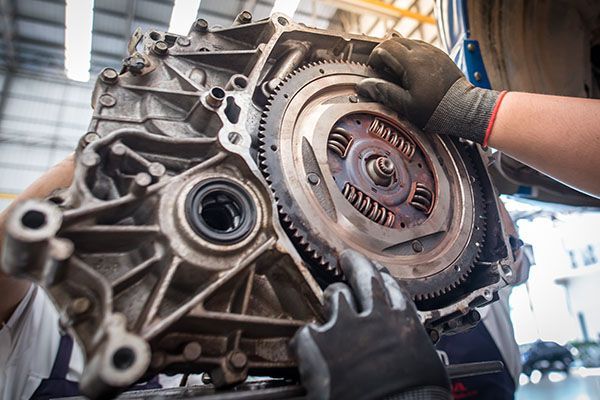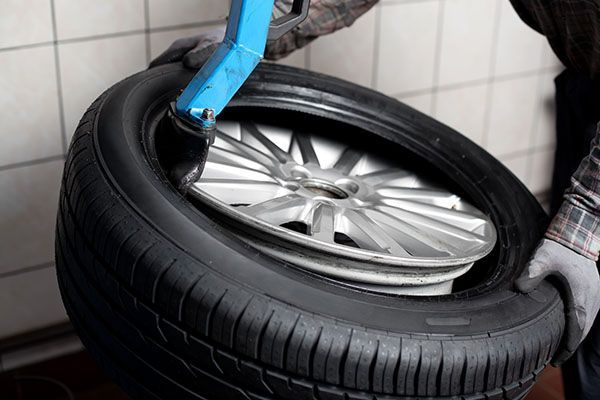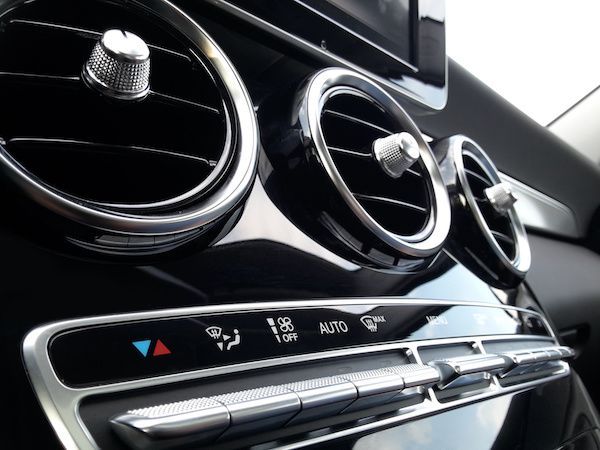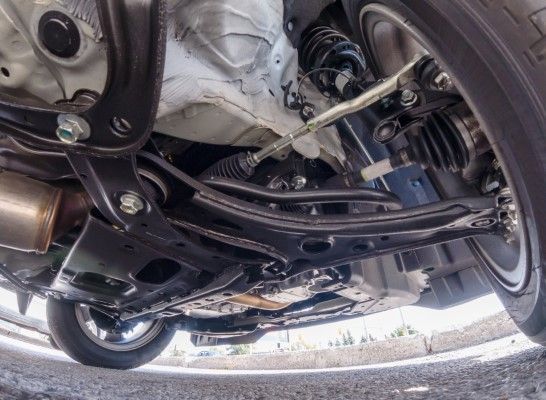My Mercedes-Benz Failed the Smog Test – What Are the Next Steps
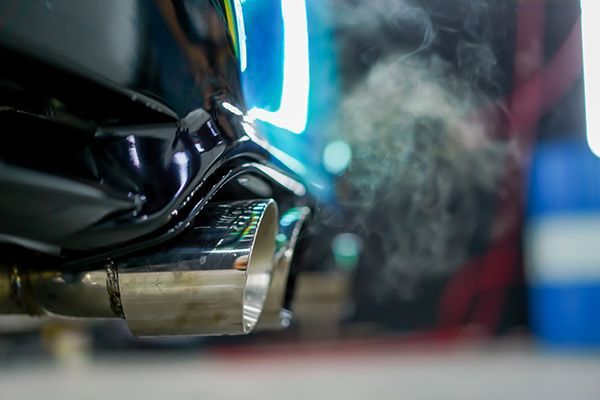
My Mercedes-Benz Failed the Smog Test – What Are the Next Steps
Finding out that your Mercedes-Benz has failed a smog test can be quite a blow. Whether you're an avid car enthusiast or just someone who relies on their vehicle for daily commutes, a failed smog test isn't something you can ignore. But before you panic, take a deep breath. There are clear steps you can follow to address the issue, get your car back in compliance, and ensure you stay on the right side of the law.
Smog Test Failure
First, it's crucial to understand what a smog test is and why it's essential. Smog tests are designed to measure the amount of pollutants your vehicle emits. These pollutants include hydrocarbons, carbon monoxide, and nitrogen oxides. If your car exceeds the allowable limits for these emissions, it will fail the test. This is not only bad for the environment but also for your car's performance and your wallet.
Common Reasons for Failing a Smog Test
Several factors can contribute to a failed smog test. Knowing these can help you identify the likely cause of the problem with your Mercedes-Benz.
1. Faulty Oxygen Sensors
The oxygen sensor monitors the level of oxygen in your car's exhaust gasses. If it malfunctions, it can send incorrect data to your car's computer, causing the engine to run inefficiently and emit more pollutants.
2. Worn-Out Spark Plugs
Spark plugs play a crucial role in the combustion process. If they're worn out, they can cause incomplete combustion, leading to higher emissions and reduced fuel efficiency.
3. Issues with the Catalytic Converter
The catalytic converter is a vital component that reduces harmful emissions. If it's damaged or clogged, it can't do its job effectively, resulting in a smog test failure.
4. Evaporative Emission Control System (EVAP) Problems
The EVAP system captures fuel vapors before they escape into the atmosphere. A leak or malfunction in this system can cause increased emissions and a failed smog test.
Steps to Take After a Failed Smog Test
Now that you have a better understanding of what might have gone wrong, it's time to take action. Here's what you should do next:
Get a Diagnostic Check
The first step is to get a diagnostic check. Many auto repair shops offer this service. A diagnostic check can identify the specific issues causing your car to fail the smog test. This will save you time and money by pinpointing the exact repairs needed.
Prioritize the Necessary Repairs
Once you have the diagnostic report, you'll know which parts need attention. Prioritize these repairs based on the severity of the issues and the cost. Focus on the most critical repairs first, such as fixing the oxygen sensor, spark plugs, or catalytic converter.
Retest Your Vehicle
After completing the necessary repairs, it's time to retest your vehicle. Ensure that all repairs have been properly addressed and your car is running efficiently. Passing the smog test this time should be a breeze if all issues have been fixed.
Preventing Future Smog Test Failures
To avoid the hassle of a failed smog test in the future, regular maintenance is key. Here are some preventative measures to keep your Mercedes-Benz in top shape:
Regular Oil Changes and Tune-Ups
Regular oil changes and engine tune-ups can keep your car running smoothly and reduce emissions. Follow the manufacturer's maintenance schedule to stay on top of these essential tasks.
Use High-Quality Fuel
Using high-quality fuel can help your engine run cleaner and more efficiently. Opt for fuel that contains detergents to keep your engine components clean.
Monitor the Check Engine Light
Never ignore the check engine light. If it comes on, get it checked out immediately. It could be a minor issue, but it could also indicate a more significant problem that needs prompt attention.
The Role of Professional Help
While it's possible to handle some minor repairs yourself, it's best to seek professional help for more complex issues. Mercedes-Benz vehicles are known for their precision engineering, and specialized knowledge is often required to diagnose and fix problems correctly. Trusting professionals ensures that the job is done right the first time, saving you from future headaches and additional costs.
We’ve got all your automotive repair needs covered.





